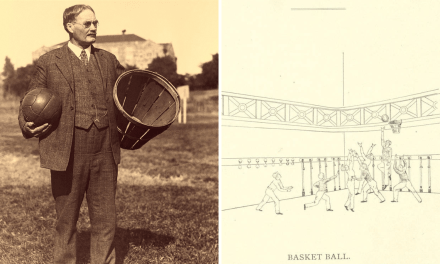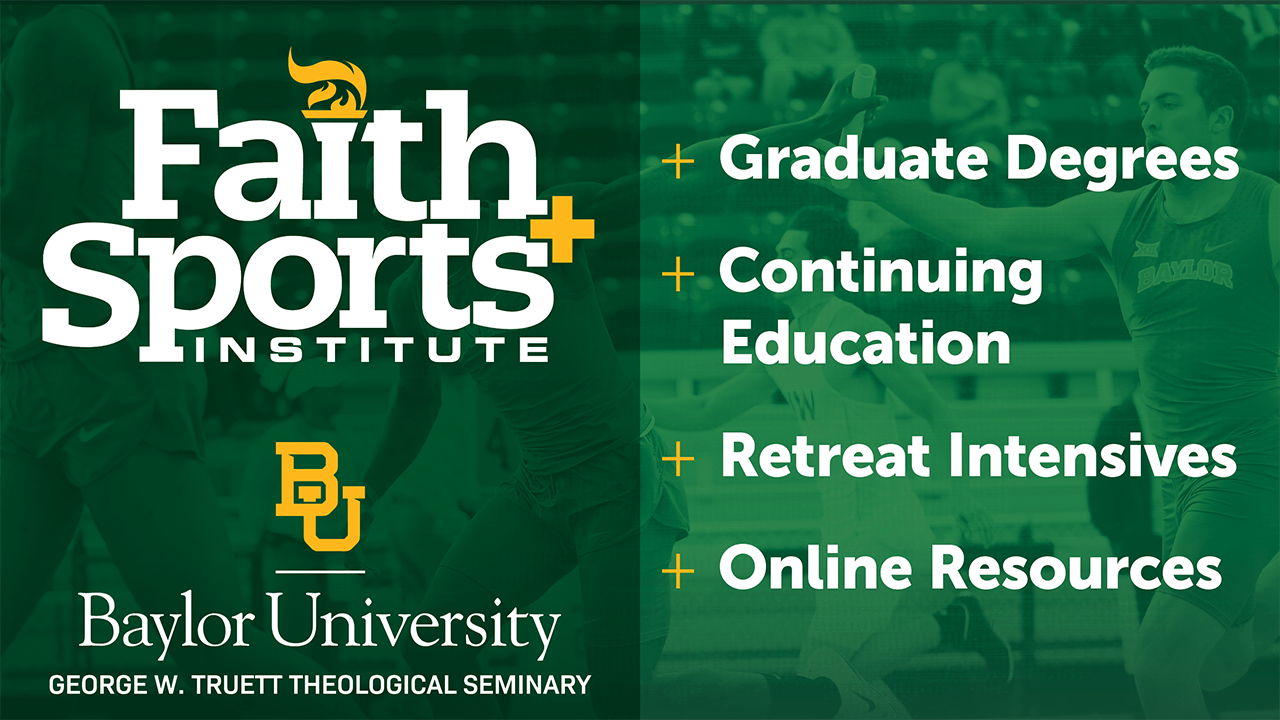Editor’s note: To help Christian sportspeople navigate these uncertain times, we will be publishing a series of posts focused on what it looks like to “Run The Race Well” in a time of coronavirus and quarantine. We will be getting contributions from a variety of perspectives: theologians, philosophers, athletes, coaches, mental health professionals, seminary students, and more. This post comes from Mike Breeden, a former high school and college football coach who currently serves as National Director of Field Ministries for Coaches Outreach.
Mike Breeden
As the nation navigates the COVID-19 pandemic, we are experiencing new challenges. Our lifestyles and routines have been interrupted, and we are learning a new normal. Athletes and coaches have long believed that learning to deal with adversity is one of the benefits of sport. Now is the time for leaders in sports to put this idea to the test. If every crisis comes with opportunity, as the saying goes, how are we responding to the crisis of the pandemic? As our student-athletes watch our reaction to this challenge, what are they seeing? What are they learning? What are we in the coaching profession doing with those whom God has placed under our stewardship?
I’ve spent over 15 years coaching football in high school and college, and now work with Coaches Outreach, a ministry for coaches and their families. We are a hands-on, eyeball-to-eyeball ministry. But with school districts closing, we have been forced to turn to new strategies and technologies to do our work. As I’ve dealt with new realities and walked alongside coaches through the upheaval of the pandemic, I’ve noticed two main ways that we can turn this crisis into an opportunity.
#1: Refocusing on the Fundamentals
In a crisis we must draw on our core values. We must turn to the things of central importance—the fundamentals—to help us through. In normal times, with the busyness of a coach’s life, these values can sometimes be forgotten. Now is a great time to be reminded of the foundation of why one coaches. Is it about a sport or lives? Is it about the game or the student athlete? Is it about transformation in the lives of our student-athletes or is our relationship with our players primarily transactional?
For some coaches, spending time to reflect might affirm what they are already doing. Others might find that they need to re-center themselves and their priorities. Either way, we have a great opportunity now to rediscover and refocus on why it is that we got into coaching in the first place.
#2: Embracing Adaptability
Along with focusing on the fundamentals, coaches have to be willing to adapt. We must stretch ourselves to use technology to our advantage: Zoom, Google Classroom, Google Meet, Google Hangout, and more have proven to be beneficial tools that can help assist the coach.
Recently I was visiting with a coaching staff that used Zoom to do the foundational and fundamental work of establishing deeper relationships with their student-athletes. I’ve also seen coaches finding creative ways to provide sport-specific training remotely, including positional workouts, teaching schemes and scenarios, and virtual team-building exercises.
This is not ideal, of course, and none of us would have chosen to do our coaching work this way. But the environment of limited access should not be an excuse. Our mission and work to develop student-athletes continues. By adapting to the crisis, we can find new opportunities to grow the kids, and not just the game.
The pandemic will not be with us forever. We will get through it eventually. But even when it ends, life will have a new normal and people will need direction. As coaches, we should ask ourselves how our time right now can prepare us and our student-athletes for the challenges that lie ahead. “Where there is no vision, the people perish,” Proverbs 29:18 tells us.
Importantly, this vision (or “revelation” as some translations put it) is not our own. It comes from God. As leaders in sports, then, it is not our job to solve all the complex and complicated problems related to the pandemic. Instead, we can focus on using our lives to point people to God. We can focus on the fundamentals—on our foundational reasons for coaching–while remaining flexible and adaptable to a changing world.
If we do that, then I think we can truly say that we met the crisis and found in it an opportunity to overcome adversity and experience victory.
 About the author: Mike Breeden calls Fate, Texas, home. He is a former football coach at the high school and college levels. With his wife Nan, who is a teacher and tennis coach, he has three sons. Mike graduated from Dallas Theological Seminary with his Master’s in Theology, and now ministers to coaches through Coaches Outreach.
About the author: Mike Breeden calls Fate, Texas, home. He is a former football coach at the high school and college levels. With his wife Nan, who is a teacher and tennis coach, he has three sons. Mike graduated from Dallas Theological Seminary with his Master’s in Theology, and now ministers to coaches through Coaches Outreach.






